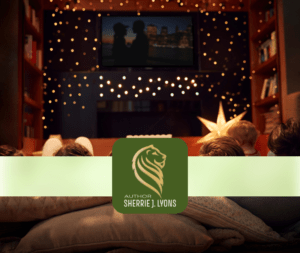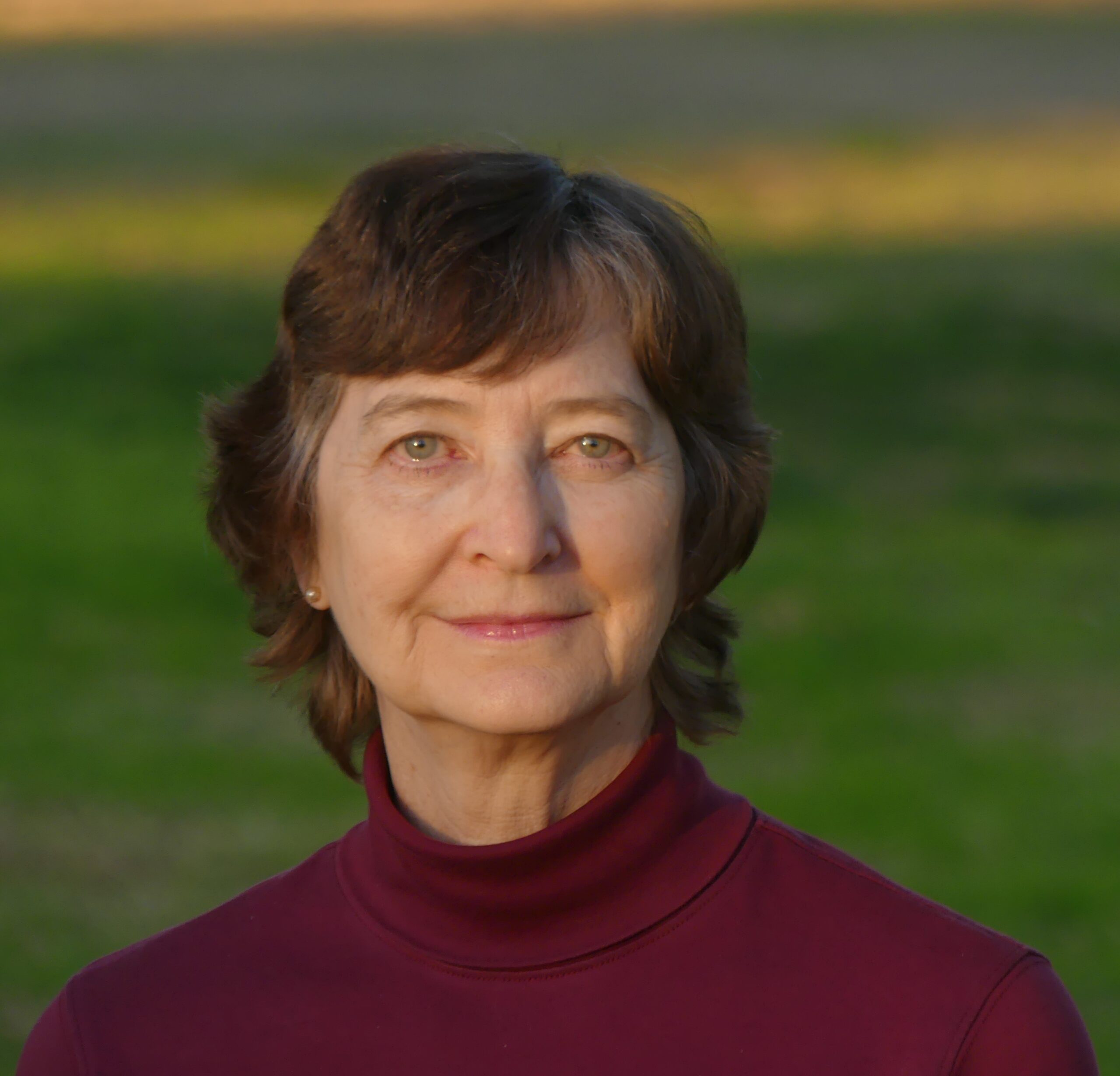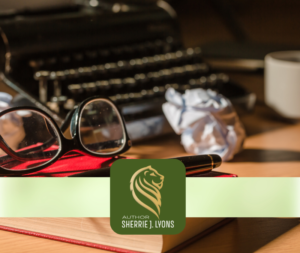
Part 4: My Current Relationship with Books
This is the final part of an essay that explains how the author could be a good writer even though she wasn’t a “reader.”
I used to be an editor. I started my own business, Lyons’ Pride Editing, LLC, and I edited for three years. It was more of a hobby than a job, but the IRS considered it a business, and I did develop a niche. Most of my clients were students who found me via word-of-mouth. I edited papers for a group of local nursing students who learned English as a second language. I also edited dissertations for a handful of Oxford (yes, the Oxford) students who learned English as a second language. I remember one of them asked for his dissertation to be “de-Germanized.”
Was I any good? What were my qualifications? Even my friends would ask if I’d taken any courses or earned any certifications, and the answer was no, but my clients were happy. Apparently, I was good enough for the low price I charged.
My interest in editing began at a young age, perhaps nine, when my grandmother returned a letter I had written to her. All my errors were marked in red. She thought she was being helpful, saying that as a secretary, she couldn’t help but notice the mistakes. My mother was livid. She told Grandma that if she did that again, I wouldn’t be writing any more letters to her. I don’t remember being angry, but I probably cried, instigating Mom’s reaction. Nonetheless, I took Grandma’s intent to heart, and I took to taking better care with my writing.
Fast forward to sixth grade. I had the best English teacher ever. He was an expert at teaching grammar and punctuation. The only thing I didn’t like about his class was that we were required to write book reports, and each chapter of each book had to be summarized. Keep in mind that we used paper and pencils back then. Imagine the repercussions of reading a 32-chapter book!
In junior high, I had the same English teacher for two years—no I didn’t flunk. Maybe she switched grades, or maybe she taught multiple grades. The second year, Mom came home flabbergasted from a parent/teacher conference and said, “Now I know why you go over your papers three times before turning them in. Your teacher doesn’t want you to think you’re perfect, so SHE goes over your papers three times looking for any teeny mistake she can find.”
When I was much older, I started writing poetry. I didn’t care for free verse. I liked the rhyming, metered kind. The kind with rules to follow. The kind that’s in The Tragedy at Cambria. And when I started my editing business, I acquired style books that spelled out the rules: Chicago, MLA, Associated Press, and Oxford. Some people may not realize that punctuation rules can be different according to which style is being used. For an example, Google “Oxford comma.” Also, some rules are subjective. And you’ve probably all read that a good writer knows when to break the rules. To break the rules effectively, one must know the rules in the first place.
So, if I think I’m a good editor, why did I pay someone to edit The Adventures of Miss Becky McCoy?
© Sherrie J. Lyons, September 2023

Sherrie has written works in a variety of genres. The Tragedy at Cambria is her first play. It was originally published in an online journal, the Oregon Literary Review. Her first novel, Luke’s Legacy, was a sci-fi/fantasy story written in the Star Wars universe.
Check out the latest adventures . . .

This is the final part of an essay that explains how the author could be a good writer even though she wasn’t a “reader.”

This is Part 3 of an essay that explains how the author could be a good writer even though she wasn’t a “reader.”

Part 2 of the Editing Experience essay describes the author’s experience as a writer who hired an editor.

“I have written works in a variety of genres, but the two stories currently available to the public are a play titled The Tragedy at Cambria and a coming-of-age novel called The Adventures of Miss Becky McCoy.”
© 2023 Author Sherrie J. Lyons • All Rights Reserved
Website Created by Stride Marketing Solutions